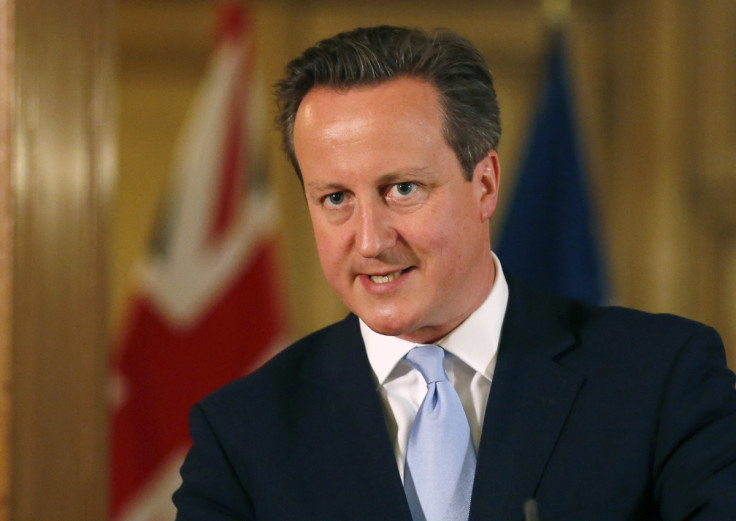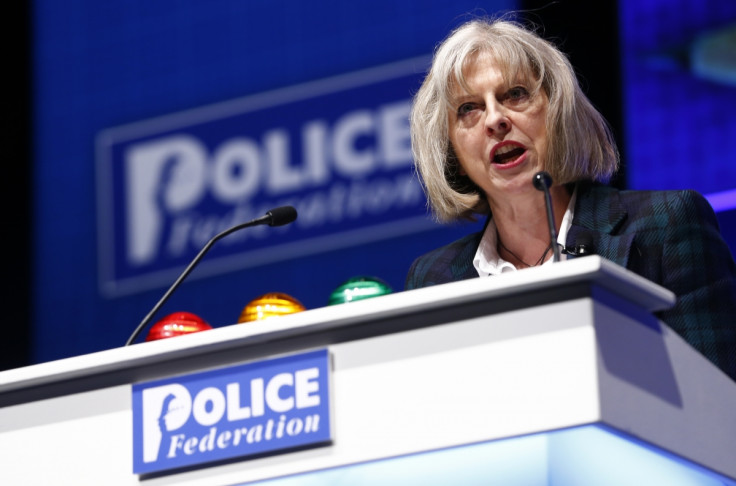Cameron Challenged Over Rush to Introduce New Surveillance Laws

No prime minister wants to be the one who has to stand at the Commons despatch box and explain why the government failed to stop a murderous terror attack on the UK.
And every prime minister in recent memory has been presented with undoubtedly chilling evidence from the security services about the likelihood and nature of just such an attack, most recently against the background of the emergence of home-grown suicide bombers.
It explains why successive prime ministers and home secretaries have often been accused of undermining citizens' liberties in their desperation not to become the one forced to the despatch box to face those post-atrocity questions.
And, once again, a prime minister has been persuaded to act "to protect the public" from a threat that requires emergency legislation, this time to reintroduce laws deemed unacceptable by the European court.
Home secretary Theresa May warned if the gap created by the recent European ruling on the retention of phone calls, texts and emails was not "plugged" immediately there was the real risk that ongoing police cases would "go dark" overnight.

And she stressed that virtually all recent cases of terror plots being stopped and child abuse cases being successful had been as a result of the exact surveillance measure she was seeking to reintroduce.
She summed it up saying the choice between liberty and security was not a binary one, adding: "You can only have liberty with security".
And that is the rub. Exactly where does that balance lie and how, and who sets that point and then oversees it. And the problem is the current lack of trust in governments.
It may just be that the current legislation being driven through parliament will lead to a proper public debate about surveillance because it allows for a full review of the existing Regulation of Investigatory Powers Act (Ripa) after the election.
Along with the "poison pill", as Nick Clegg called it, that means the new law forcing firms to keep records will expire in 2016, does seem to offer some hope that there will finally be a wide-ranging debate about surveillance.
There has been widespread support for the new legislation, agreed after all-party talks, which is a significant reassurance that it does not represent a back-door attempt to introduce the old "snoopers' charter" blocked by the Liberal Democrats.
But it is exactly those concerns and the the fact the measures will be rushed through parliament in a week that has led to suspicions.
Labour's Tom Watson and Tory David Davis both expressed anger at the way the laws were being forced through parliament because time was running out before the summer break, when the court ruling had come three months ago.
Greater scrutiny was needed to ensure the laws did not go too far and threaten civil liberties, they suggested.
And Shami Chakrabarti, director of Liberty, said the new laws had been deemed unlawful by Europe and meant everyone was being "snooped" on not just suspects.
And she asked: "Will Clegg and Cameron's 'debate for the future' really comfort voters and companies today?"
Thanks to the all-party support, the measure is guaranteed to become law within 10 days at the most. But it is the current lack of trust in governments, and their previous records of attempting to drive through unnecessary and overly-draconian laws, that have made people deeply suspicious.
© Copyright IBTimes 2025. All rights reserved.






















